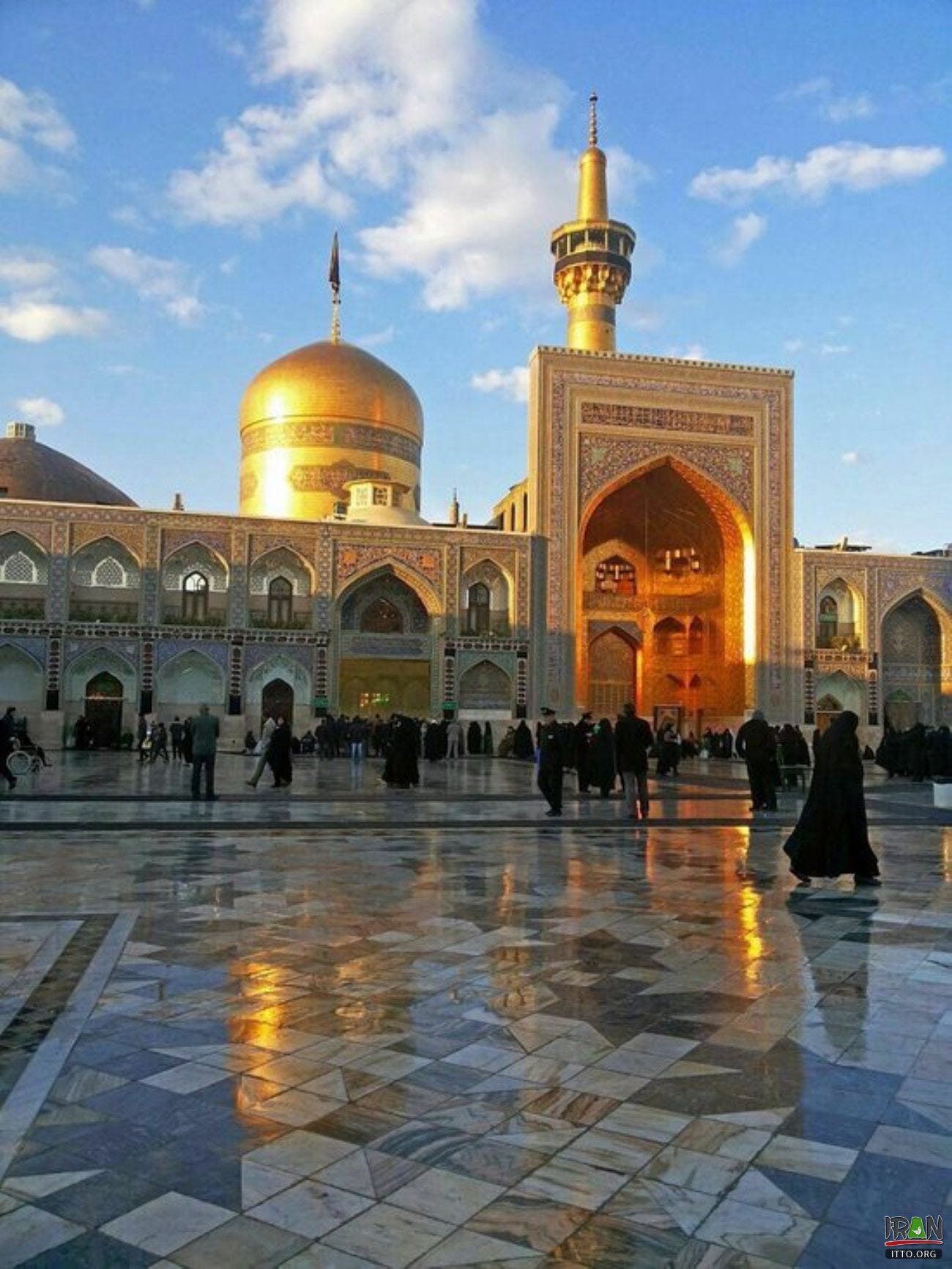Imam Ridha (AS): The Focal Point of All Spiritual Attentions
How Imam Ridha’s Legacy and Imam Khomeini’s Devotion Shaped a Spiritual Center for the Muslim World
Imam Ridha (AS), the eighth Imam of the Ahlul Bayt, holds a unique place in the hearts of millions as a beacon of spiritual guidance and humility. The founder of the Islamic Republic of Iran, Imam Khomeini, emphasised the importance of Imam Ridha’s holy shrine in Mashhad as a spiritual center for people from all walks of life, urging both officials and ordinary citizens to connect themselves to the profound legacy of the Prophet’s household.
Imam Khomeini often credited Iran’s spiritual and social achievements to the blessings and intercession of Imam Ridha, whom he regarded as one of the most truthful successors of the Prophet Muhammad (PBUH). He called upon the entire Islamic community to follow the example set by the Prophet and his infallible successors, highlighting the need for spiritual association with these revered figures.
Throughout his life, Imam Khomeini maintained a deep personal connection with the Ahlul Bayt. Friends and colleagues recall his nightly visits to the shrine of Imam Ali (AS) during his years in Najaf, Iraq, a routine he kept despite his demanding schedule as a teacher and community leader. Similarly, during his time in Qom, Iran, Imam Khomeini frequently visited the shrine of Hazrat Masoumeh, the sister of Imam Ridha, often making these visits a daily practice after his lectures.
Imam Khomeini’s lifestyle was a living example of the teachings of the Prophet and his family. He led the Iranian people in their struggle against the Shah’s regime, always seeking to advance the goals of Islam—freedom, civil liberties, independence, and social justice. He advised clerics and preachers to purify their intentions and deliver messages that would elevate society spiritually and morally, especially encouraging them to engage the youth with the true message of Islam.
Imam Ridha himself was renowned for his humility and simplicity. Historical accounts describe how he preferred simple furnishings, using rough mats in winter and grass mats in summer, and insisted on sharing meals with all members of his household, including servants and gatekeepers. When someone suggested separate dining arrangements for servants, Imam Ridha replied,
“All are created by God, Adam is their father and Eve is their mother. Everyone will be dealt with by God according to his deeds. Why should there be any discrimination in this world?”
Imam Ridha’s life was filled with such examples of humility and inclusiveness. He reminded people that nobility comes from piety and devotion, not ancestry or social status. His approach to leadership and daily life continues to inspire millions, serving as a model for spiritual and ethical conduct.
In summary, Imam Ridha (AS) stands as a focal point of spiritual attention, not only for his historical role but also for the living example he set—a legacy that Imam Khomeini sought to revive and promote. By encouraging a deep connection to the Ahlul Bayt and their teachings, Imam Khomeini helped establish Mashhad and the shrine of Imam Ridha as a center of spiritual gravity for the Muslim world, inviting all to seek inspiration, unity, and moral elevation from this sacred heritage.
Reference: Imam Khomeini


